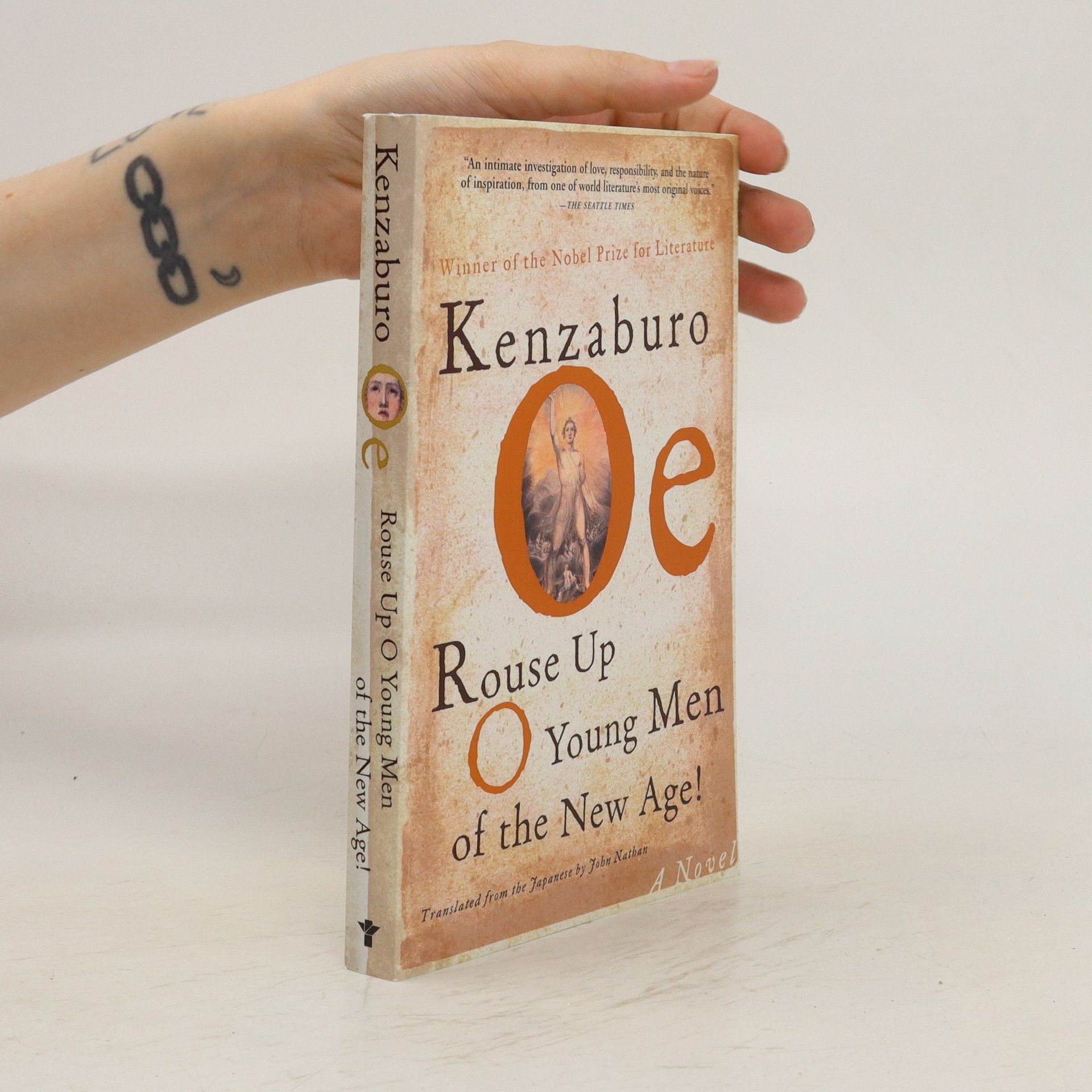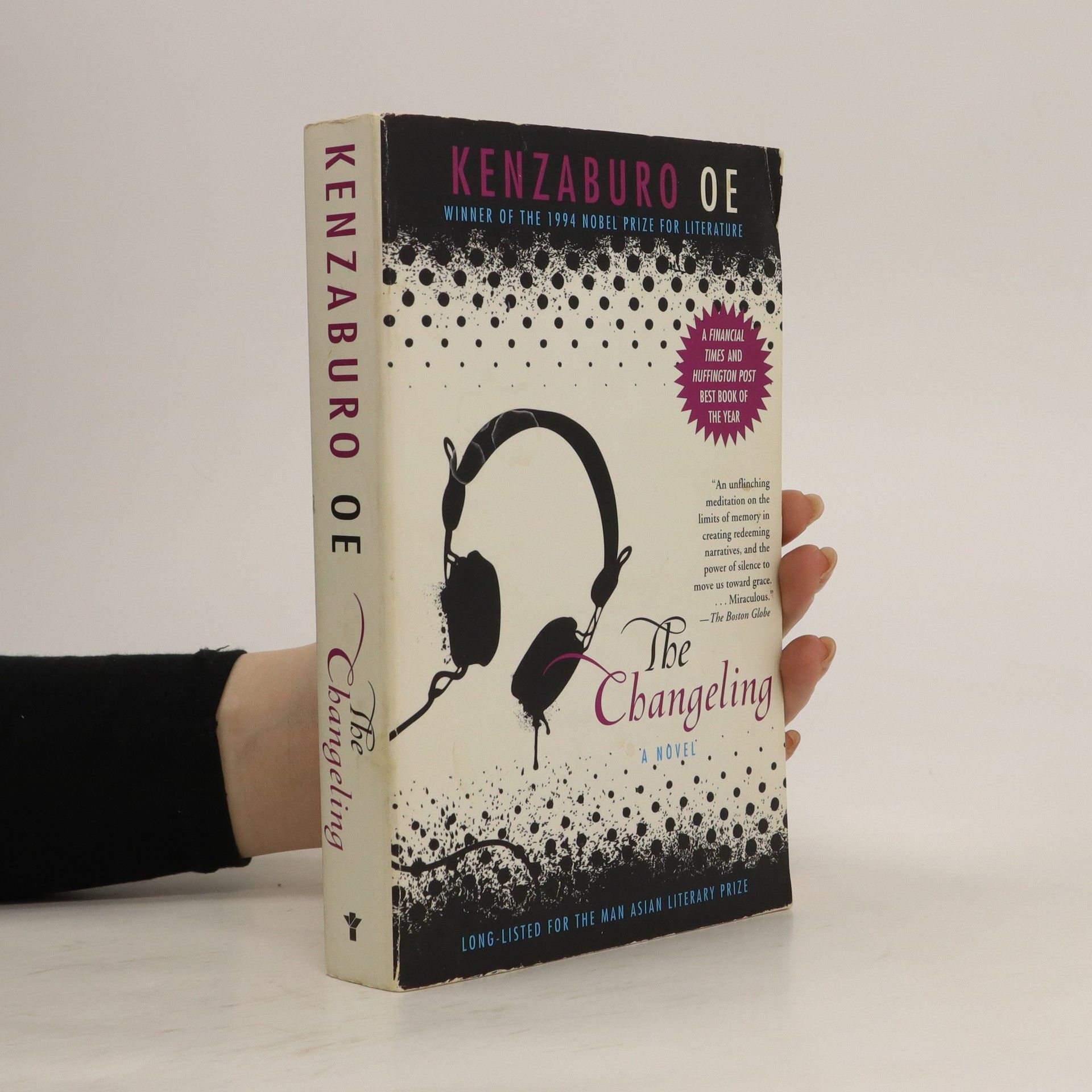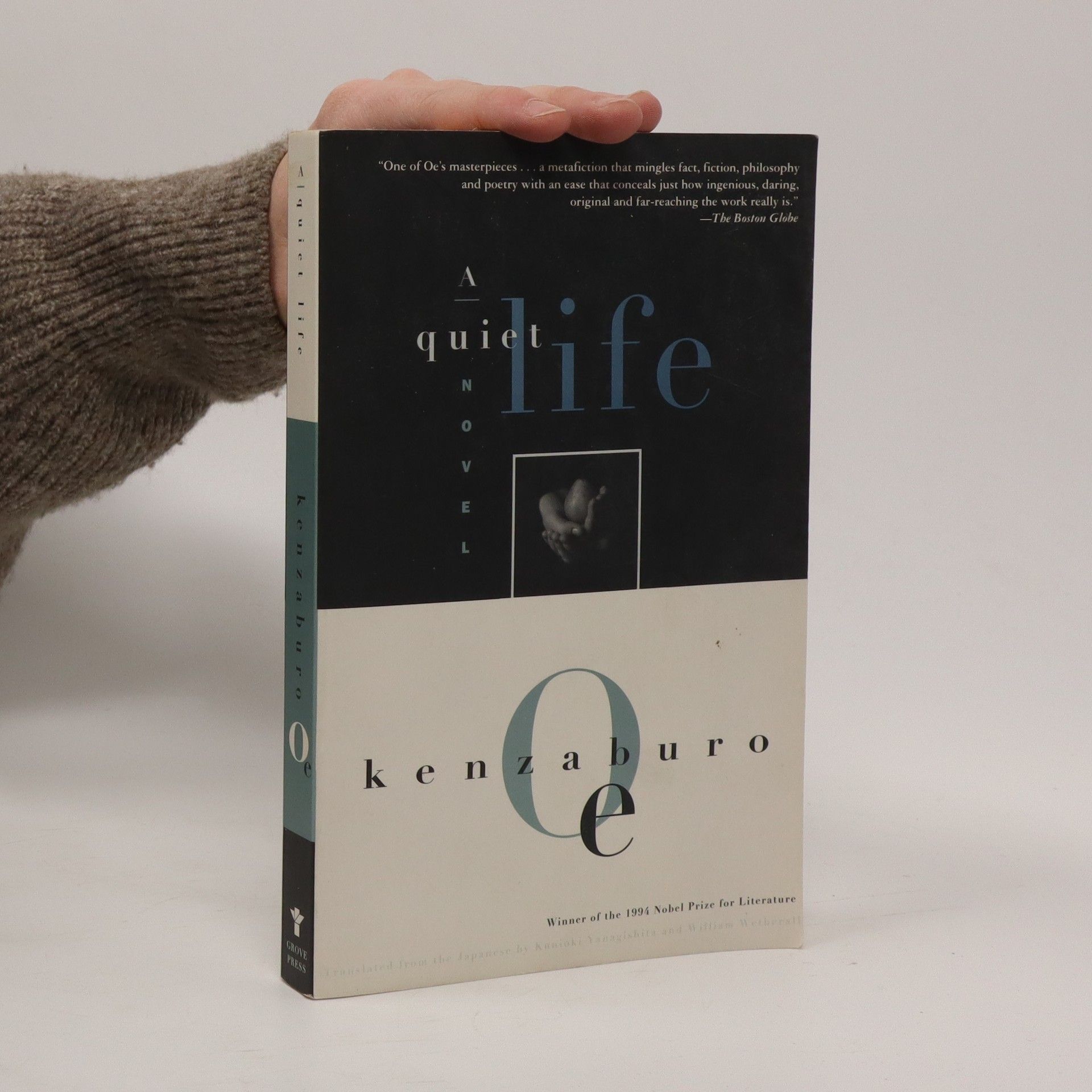Empreint d'une étrange violence intérieure, Une affaire personnelle est un roman cruel et douloureux : Bird, le héros de cette bouleversante histoire, a vingt-sept ans et son épouse vient de mettre au monde un enfant anormal. Déchiré par des sentiments contradictoires, dont l'immense tentation de se débarrasser du nouveau-né, le jeune père ira-t-il jusqu'à tuer de ses mains le bébé monstrueux ? Durant trois longues journées, Bird cherchera en vain dans l'alcool et les bras d'une possible " complice " la force de mener à son terme sa fuite en avant...
Kenzaburó Óe Livres
Kenzaburō Ōe est une figure majeure de la littérature japonaise contemporaine, dont les œuvres sont fortement influencées par la littérature et la théorie littéraire françaises et américaines. Son écriture aborde des questions politiques, sociales et philosophiques, notamment les armes nucléaires, le non-conformisme social et l'existentialisme. Ōe a créé "un monde imaginaire, où la vie et le mythe se condensent pour former une image déconcertante de la condition humaine actuelle." Sa prose se caractérise par de profondes explorations de la condition humaine.

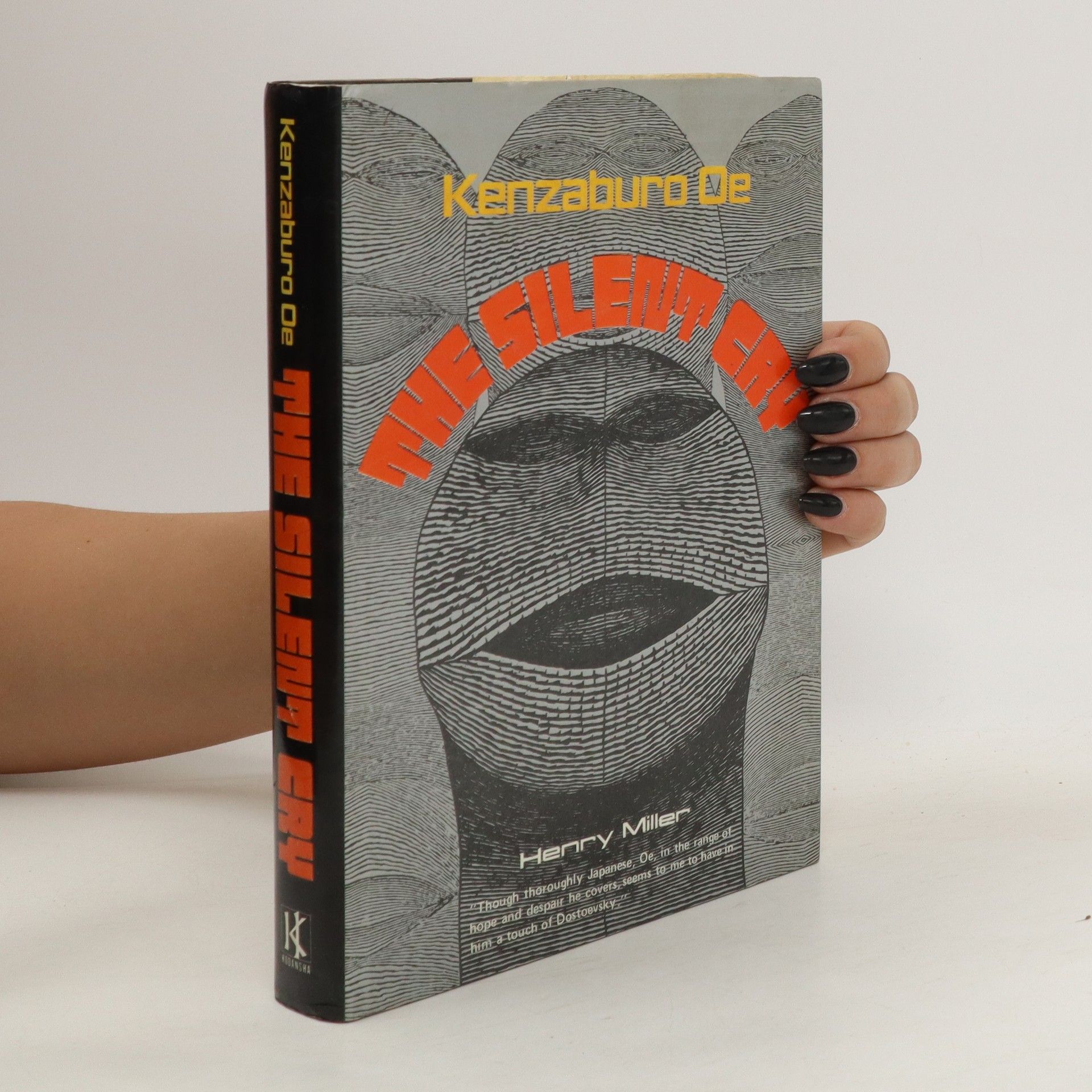

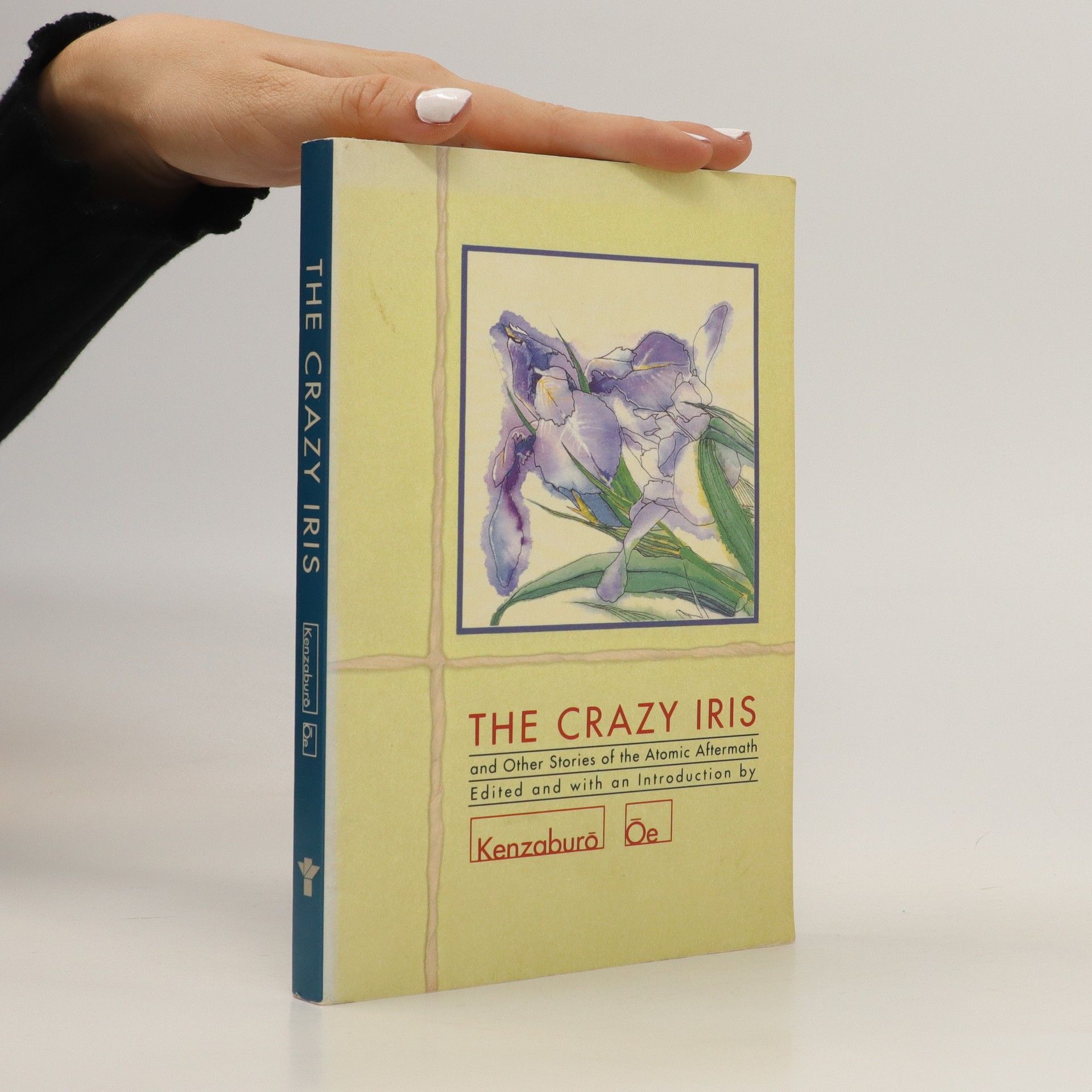

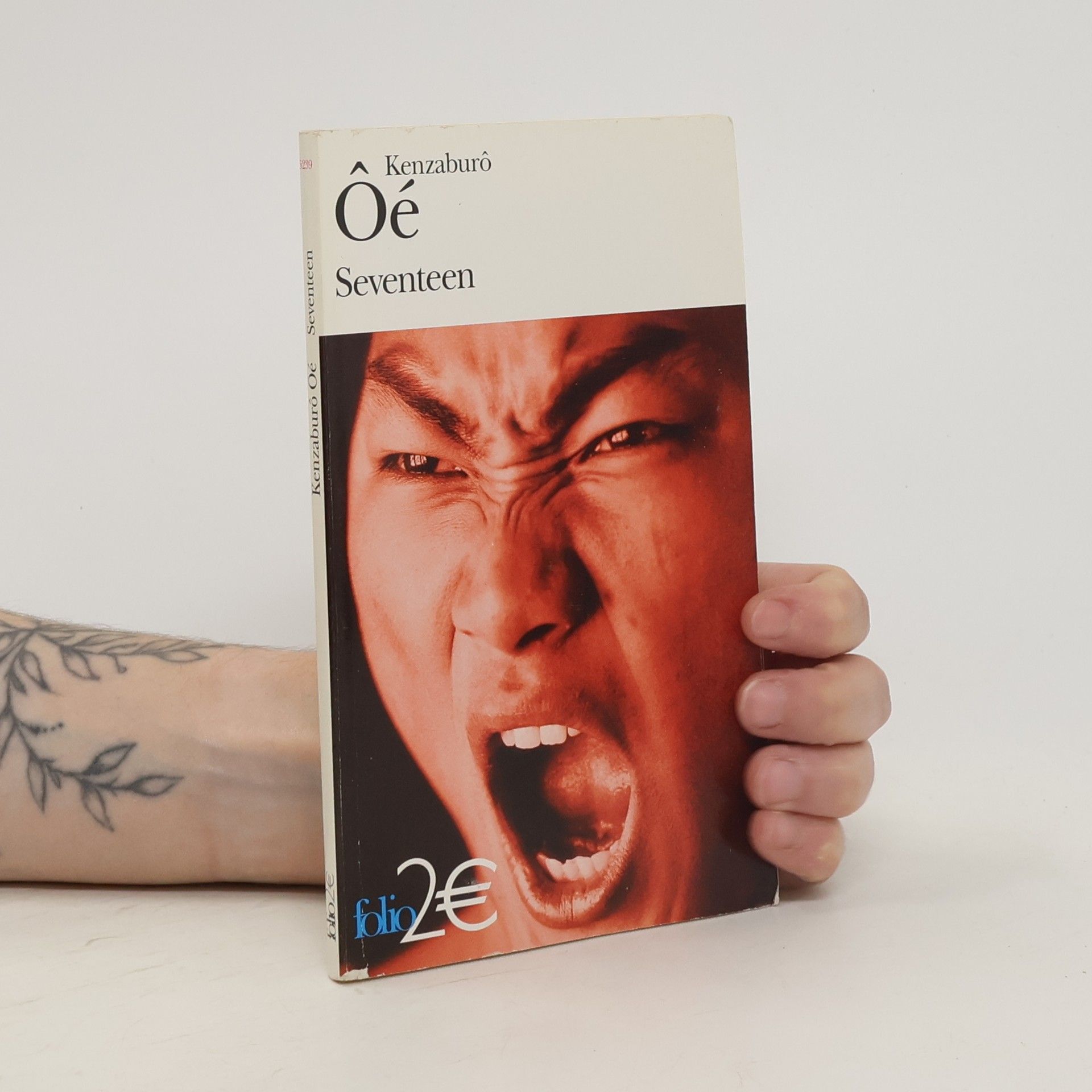
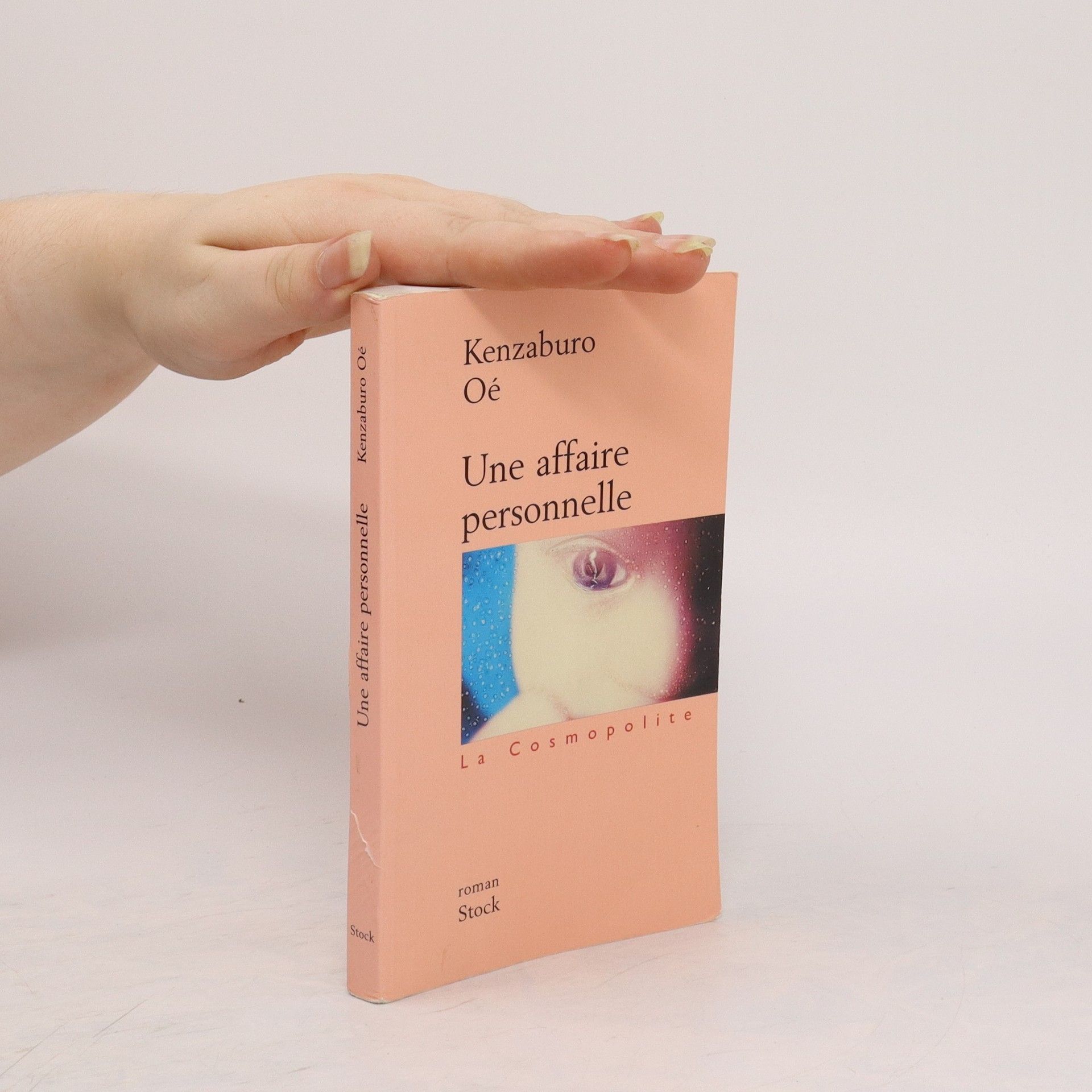
Seventeen
- 96pages
- 4 heures de lecture
Un adolescent fête ses dix-sept ans dans l'indifférence de sa famille, en pleine décomposition. Complexé, mal dans sa peau, incompris de ses parents, il est terriblement frustré. Obnubilé par ses pulsions sexuelles, il s'est replié sur lui-même et toise ses camarades d'un regard méprisant. Il constitue une proie idéale pour les militants d'extrême droite qui recrutent des jeunes pour donner la claque lors des meetings du partie de l'Action Impériale... Inspirée de faits réels, cette nouvelle du grand maître de la littérature japonaise contemporaine (prix Nobel de littérature 1994) nous plonge dans le mal-être du Japon des années soixante.
Du monde entier: Le jeu du siècle
- 344pages
- 13 heures de lecture
Deux frères, Mitsu et Taka, regagnent le village dont leur famille est originaire, au sud-ouest du Japon, et voient, chacun à sa manière, se détruire et se reconstruire un univers psychique et social, foisonnant et mythique, à travers lequel on peut lire un siècle d'histoire japonaise. Mitsu, le narrateur, semble devoir expier deux fautes : la naissance de son fils anormal et le suicide de son meilleur ami. Les deux drames sont à la fois déchirants et grotesques, occasion d'une mise en scène caricaturale et d'une introspection. Taka, lui, est le véritable protagoniste de ce Jeu du siècle. De retour des Etats-Unis, il retrouve volontairement et inconsciemment les circonstances réelles et symboliques dans lesquelles, un siècle plus tôt, eut lieu, dans le même village, toute une série de révoltes paysannes.
The crazy iris
- 204pages
- 8 heures de lecture
Edited by one of Japan's leading and internationally acclaimed writers, this collection of short stories was compiled to mark the fortieth anniversary of the August 1945 atomic bombings of Hiroshima and Nagasaki. Here some of Japan's best and most representative writers chronicle and re-create the impact of this tragedy on the daily lives of peasants, city professionals, artists, children, and families. From the "crazy" iris that grows out of season to the artist who no longer paints in color, the simple details described in these superbly crafted stories testify to the enormity of change in Japanese life, as well as in the future of our civilization. Included are "The Crazy Iris" by Masuji Ibuse, "Summer Flower" by Tamiki Hara, "The Land of Heart's Desire" by Tamiki Hara, "Human Ashes" by Katsuzo Oda, "Fireflies" by Yoka Ota, "The Colorless Paintings" by Ineko Sata, "The Empty Can" by Kyoko Hayashi, "The House of Hands" by Mitsuharu Inoue, and "The Rite" by Hiroko Takenishi.
Teach Us to Outgrow Our Madness
- 264pages
- 10 heures de lecture
These four novels display Oe’s passionate and original vision. Oe was ten when American jeeps first drove into the mountain village where he lived, and his literary work reveals the tension and ambiguity forged by the collapse of values of his childhood on the one hand and the confrontation with American writers on the other. The earliest of his novels included here, Prize Stock, reveals the strange relationship between a Japanese boy and a captured black American pilot in a Japanese village. Teach Us to Outgrow Our Madness tells of the close relationship between an outlandishly fat father and his mentally defective son, Eeyore. Aghwee the Sky Monster is about a young man’s first job — chaperoning a banker’s son who is haunted by the ghost of a baby in a white nightgown. The Day He Himself Shall Wipe My Tears Away is the longest piece in this collection and Oe’s most disturbing work to date. The narrator lies in a hospital bed waiting to die of a liver cancer that he has probably imagined, wearing a pair of underwater goggles covered with dark cellophane.
The Silent Cry
- 274pages
- 10 heures de lecture
"Two brothers, Takashi and Mitsu, return from Tokyo to the village of their childhood. Selling their family home leads them to an inescapable confrontation with their family history. Their attempt to escape the influence of the city ends in failure as they realize that its tentacles extend to everything in the countryside, including their own relationship."--Amazon.com
Rouse Up O Young Men of the New Age!
- 272pages
- 10 heures de lecture
Kenzaburo Oe is one of the world's finest writers, and in Rouse Up O Young Men of the New Age! he delivers a virtuoso novel of extraordinary power, touching on his familiar themes of family, responsibility, the nature of literary inspiration, and the unique nature of parenting a disabled child.
The Changeling
- 480pages
- 17 heures de lecture
Late in his life, writer Kogito Choko reconnects with his estranged friend, the filmmaker Goro Hanawa. Goro's subsequent suicide causes Kogito to examine and reexamine Goro's life for clues that will lead him to understand his friend's path.
A Quiet Life
- 256pages
- 9 heures de lecture
A Quiet Life is an uncanny blend of the real with the imagined, of memoir with fiction. A Quiet Life is narrated by Ma-chan, a twenty-year-old woman. Her father is a famous and fascinating novelist; her older brother, though severely brain damaged, possesses an almost magical gift for musical composition; and her mother's life is devoted to the care of them both. Ma-chan and her younger brother find themselves emotionally on the outside of this oddly constructed nuclear family. But when her father accepts a visiting professorship from an American university, Ma-chan finds herself suddenly the head of the household and at the center of family relationships that she must begin to redefine.
Somersault
- 570pages
- 20 heures de lecture
Writing a novel after having won a Nobel Prize for Literature must be even more daunting than trying to follow a brilliant, bestselling debut. In Somersault (the title refers to an abrupt, public renunciation of the past), Kenzaburo Oe has himself leapt in a new direction, rolling away from the slim, semi-autobiographical novel that garnered the 1994 Nobel Prize (A Personal Matter) and toward this lengthy, involved account of a Japanese religious movement. Although it opens with the perky and almost picaresque accidental deflowering of a young ballerina with an architectural model, Somersault is no laugh riot. Oe's slow, deliberate pace sets the tone for an unusual exploration of faith, spiritual searching, group dynamics, and exploitation. His lavish, sometimes indiscriminate use of detail can be maddening, but it also lends itself to his sobering subject matter, as well as to some of the most beautiful, realistic sex scenes a reader is likely to encounter. --Regina Marler
